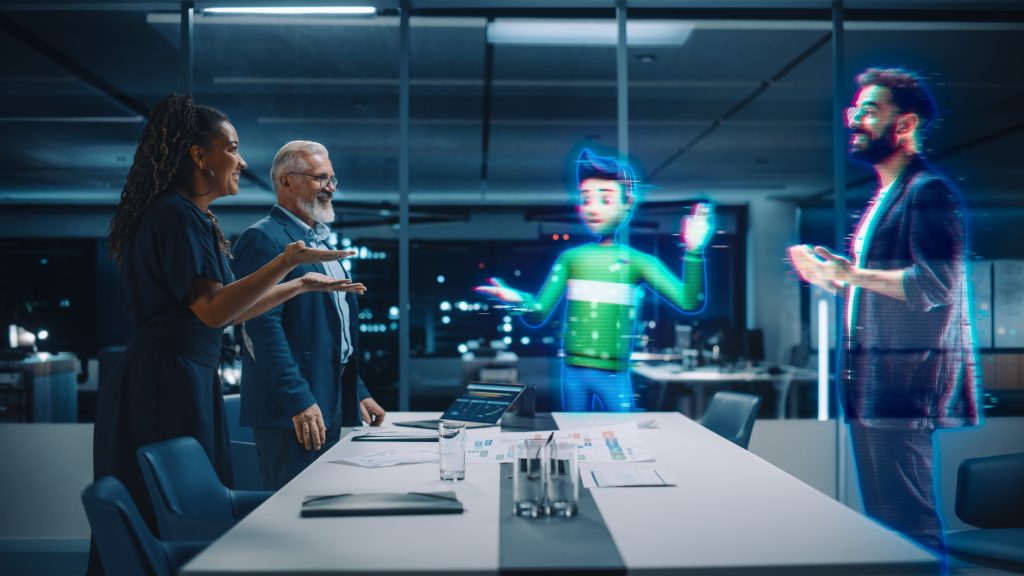The metaverse, an expansive virtual realm enriched by virtual and augmented reality, is poised to erase physical boundaries, paving the way for unparalleled collaboration and interconnectivity. This digital universe is expected to reshape various aspects of daily life, from work and leisure to shopping and travel.
More than just a social space, the metaverse is predicted to evolve into a vital commercial platform for both enterprises and consumers. In the Middle East, particularly in line with Saudi Vision 2030, the metaverse is anticipated to play a crucial role in diversifying the economy and elevating living standards.
A report titled A Middle East Perspective on the Metaverse by strategy consultancy firm, strategy&, forecasts that the Gulf Cooperation Council economies could benefit from an estimated $15 billion by 2030 from the metaverse, with Saudi Arabia potentially capturing $7.6 billion of this sum.
Allocating major investments
The Kingdom of Saudi Arabia is channeling resources into the metaverse to fulfill its digital transformation ambitions. The $500 billion megaproject NEOM incorporates a metaverse element, which is instrumental in city development, allowing for real-time collaboration among professionals in construction, design, and real estate.
The integration of the metaverse into various industries in the region is expected to unlock new opportunities, catalyze economic activities, and improve efficiencies. Priyanka Sharma, associate partner at Bain & Co. Middle East, suggests that the metaverse will expand the reach and scale of offerings, transcending traditional barriers.
Adopting metaverse technology can facilitate digital content creation, product development, and customization, along with providing a virtual environment for prototyping and research.
Enhancing operational efficiency
VEEM’s CEO, Ahmed Al-Mashhadi, asserts that metaverse adoption in Saudi Arabia will significantly boost operational efficiency in various sectors. For instance, virtual real estate tours offer clients an in-depth look at projects without the need for physical travel, enhancing decision-making processes.
Nigel Vaz, CEO of Publicis Sapient, highlights the transformative potential of the metaverse in entertainment, real estate, and education, enabling innovative services and experiences.
In the gaming industry, Mario Pérez, CEO of MENA Tech, notes the potential for enriched social interactions and community engagement through more immersive virtual environments. The upcoming Qiddiya City project in Saudi Arabia underscores the region’s commitment to becoming a nexus for gaming innovation.
Aligning with Vision 2030 goals
Developments in the metaverse align with the strategic objectives of Saudi Vision 2030, which include economic diversification and the enhancement of cultural and educational sectors. By incorporating metaverse technologies, the Kingdom can further its goals in economic, cultural, and educational advancement.
Vaz affirms Publicis Sapient’s commitment to supporting Saudi Arabia’s metaverse ecosystem development, while Pérez emphasizes the metaverse’s potential in entertainment and tourism, showcasing Saudi Arabia’s cultural heritage.
Husam Yaghim, a World Metaverse Council member, highlights the benefits of metaverse applications in tourism and education, sectors that are critical to Saudi Arabia’s Vision 2030.
Reskilling the workforce
The labor market will likely require reskilling to keep pace with the rapid growth of metaverse-related projects. As industries adapt to new virtual work environments and technologies, the workforce will need to acquire new skills to harness the potential of the metaverse fully.
